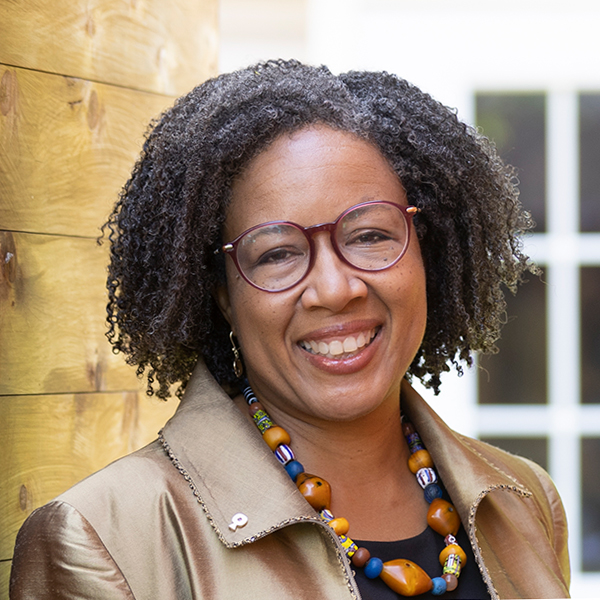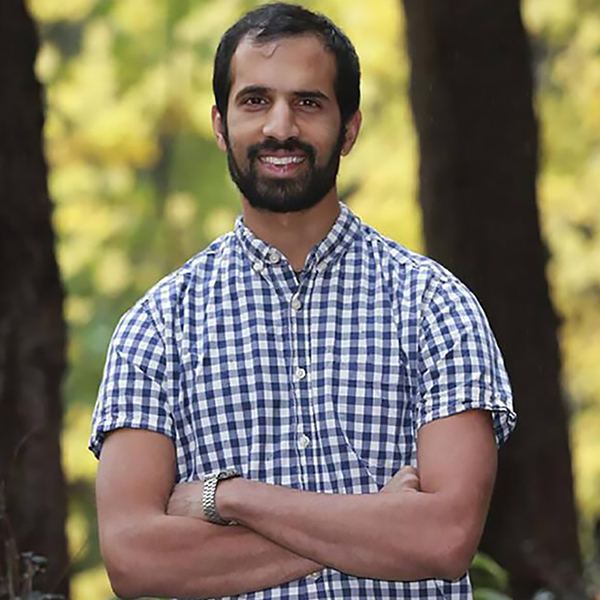Claudia Mitchell was preparing for a sabbatical visit to South Africa in 1994 when a phone call changed her life.
“Just before I was to catch my plane, someone from UNICEF called to ask if I would be interested in helping with a girls education program in Zambia, seeing I was coming to southern Africa anyway” says Mitchell, a James McGill Professor in the Department of Integrated Studies in Education.
Much of her previous work had examined how girls and women were represented in novels and stories. Ever since her 1994 experience in Zambia, though, girls’ education has become the focus of her attention. And Mitchell has been empowering girls to tell their own stories.
Her pioneering decades of research in what has evolved into the field of girlhood studies were recently recognized with the Prix du Québec’s 2019 Prix Léon-Gérin – the province’s most prestigious award for researchers in the social sciences. In 2016, she received the SSHRC Gold Medal, the top research prize from the Social Sciences and Humanities Research Council.
Following her work in Zambia, Mitchell led the gender component of a large five-year project into schooling in South Africa, in which – among other initiatives – she equipped girls with disposable cameras to identify the threats confronting them at school, discovering through them that bathrooms were regarded as particularly dangerous (school authorities took action after that revelation).
“This experience really fuelled my interest in the gendered landscape of schooling, and that of life in general for girls and women,” Mitchell recalls. Out of such activities grew the field of girlhood studies, where Mitchell is now acknowledged as a founder. In 2008, she launched the journal Girlhood Studies, co-founded with her former PhD student Jackie Kirk, PhD’04, whose life was cut short by a Taliban sniper in Afghanistan as she was developing educational opportunities for girls there.
Today, Mitchell’s projects involve participatory research that engage with community and student participants and draw on visual and other technologies. When she began, disposable cameras or simple drawings were the preferred visual approaches, but today cell phones and tablets have become the dominant technology.
McGill’s Participatory Cultures Lab, well-stocked with computers, screens, editing software and other tools of the trade, was created by Mitchell in 2010 to support this research and serves as a second home for her team of graduate students studying visual technologies and participatory research.
Many of these students are engaged with “Networks for Change,” a six-year project that Mitchell co-leads with South African colleague Relebohile Moletsane, of the University of KwaZulua-Natal in Durban. The project brings girls from South African villages into contact with girls from Indigenous communities in Saskatchewan, Nova Scotia, Nunavut and British Columbia, in an examination of gender-based violence in their communities. They share their explorations of the topic by using visual technologies such as photos and cellphone films (“cellphilms”).
“As researchers with multi-year grants, we plan to do one thing the first year, then get to the next stage later – but the girls don’t think like this,” says Mitchell. “They are documenting urgent issues, forcing us to ask how we can make things happen more quickly. In addition, the girls perceive gender-based violence not as isolated but as intersecting with poverty and other issues. And perhaps the most important thing we’ve learned is that these projects reach to families and communities.”
She tells of one South African girl who reported impressing her parents with her cell film about how to report rape. “The girl then went on to say the film had been posted online and was trending in her community – a tiny little place of about 1,000 people, but that indicates there’s a reach to this work,” says Mitchell. A new project – “More than Words” –will seek to track the cultural impact of these participatory visual projects on the communities the girls come from.
For the participants themselves, the impact is clear: among other benefits, they gain a powerful sense of agency. At a July 2018 conference in Montebello, Quebec, supported by a grant from the Trudeau Foundation, girls from Indigenous communities in Canada, along with others from South Africa, Russia and Sweden, developed a manifesto about gender violence and related issues – and quickly decided to call it a Girlfesto.
“They worked in small groups to identify what they thought they could do to reduce violence and what they needed adults to do,” says Mitchell. “The Montebello Girlfesto is an example of what girls can produce after coming together for three days to deliberate on these issues.” A July 2020 event in South Africa, marking the end of “Networks of Change” and the launch of “More than Words,” will bring some girls from Canada to meet with their South African peers.
A project in Viet Nam involved girls with disabilities creating drawings, video, and photos that documented their experiences of being disabled, while proposing strategies for improving their lives. The initiative produced a book, Envisioning Inclusion: Transforming Disability, Knowledge Research and Activism, as well as an accompanying video.
“I was blown away by girls in each community saying, ‘We want people to sit up, take notice and do something.’ They articulated how they see themselves, and what they can do – and they identified what they needed others to do, as well,” says Mitchell. In the process, the girls developed leadership skills, identified themselves as agents of change in their communities, and challenged government officials to address the needs of disabled citizens.
Mitchell is encouraged by changes she has seen over the years, as girls engage confidently and powerfully with the world around them. “In two of our South African communities, girls have organized marches to raise awareness of gender-based violence,” she says.
She points to young women who are leading movements that promise profound change – not just in how we think about girls and young women, but in how we understand our world. “Just consider the impact of girls like Greta Thunberg and Malala Yousafzai,” she says. “Girls and young women are making a space to speak out.”


